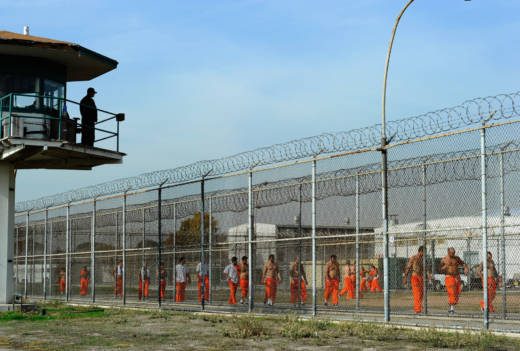Santa Clara County's district attorney is challenging a new California law that prohibits trying juveniles under 16 as adults, even for murder charges.
Setting the stage for a potential legal showdown, District Attorney Jeff Rosen contends that Senate Bill 1391, signed by Gov. Jerry Brown last month, is unlawful because it subverts the intent of Proposition 57. That measure, overwhelmingly approved by voters in 2016, gives judges rather than prosecutors the authority to decide whether certain juveniles should be tried as adults. This new law, Rosen said, takes that discretion away from judges.
"We're talking about probably 100 or fewer cases, but these are incredibly dangerous individuals," he said. "And that's why judges should have this discretion."
Previously, 14- and 15-year-olds charged with serious violent offenses could be prosecuted as adults. But under the new law, those convicted of serious crimes would instead be detained in juvenile facilities. The law takes effect Jan. 1, but will apply retroactively to cases still on appeal.
Rosen criticized it as a "blanket, one-size-fits-all approach" that compromises public safety and ignores the will of voters. He's likely to request that the law not apply to in specific pending cases.

